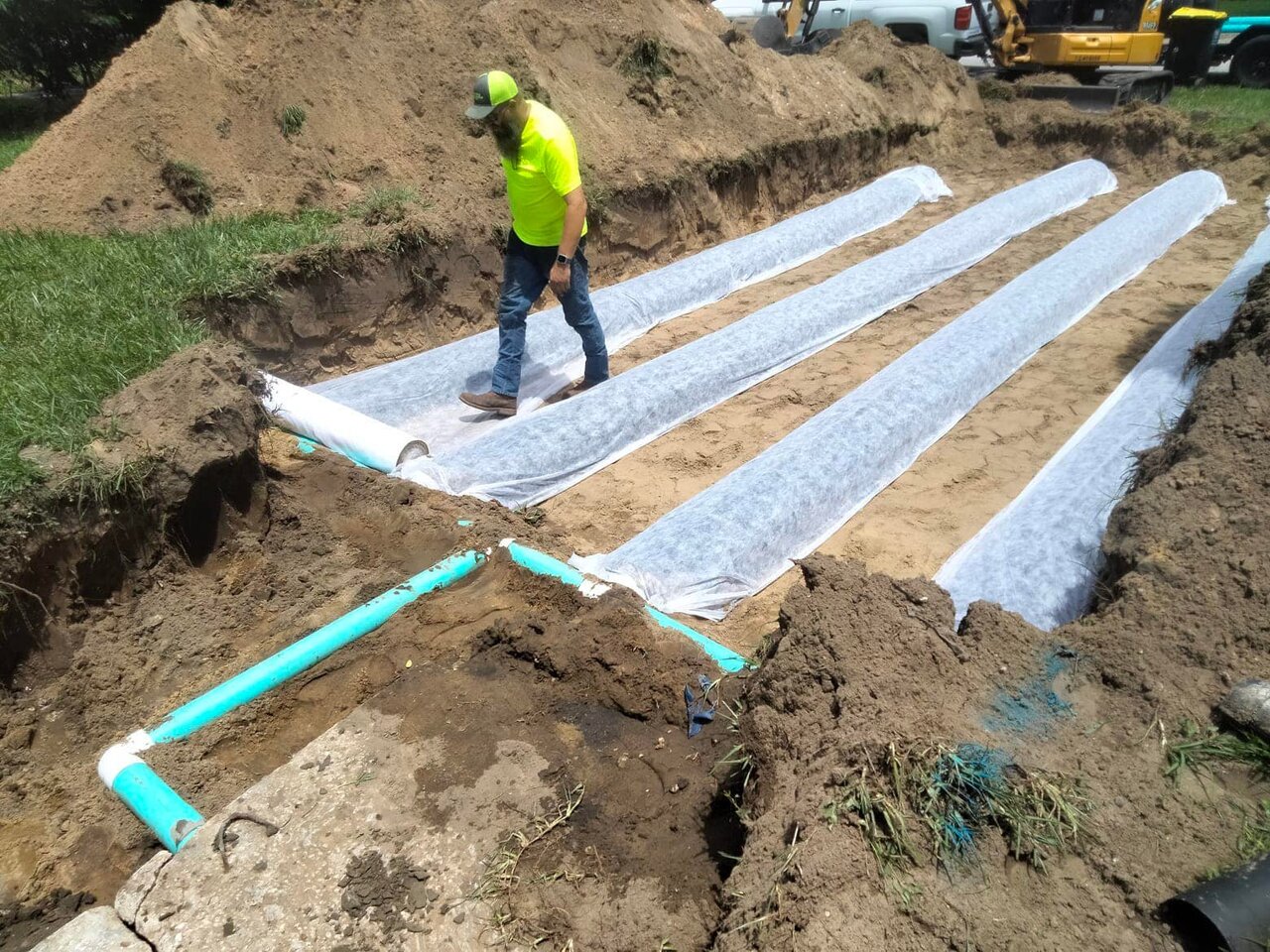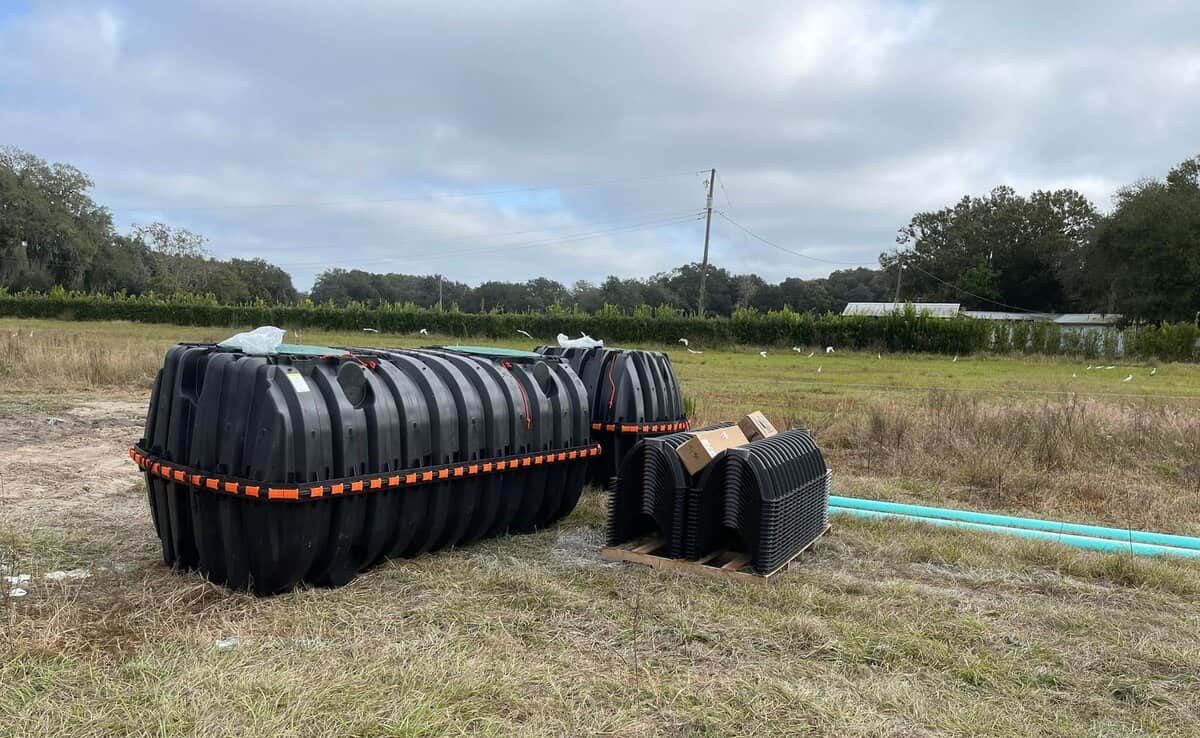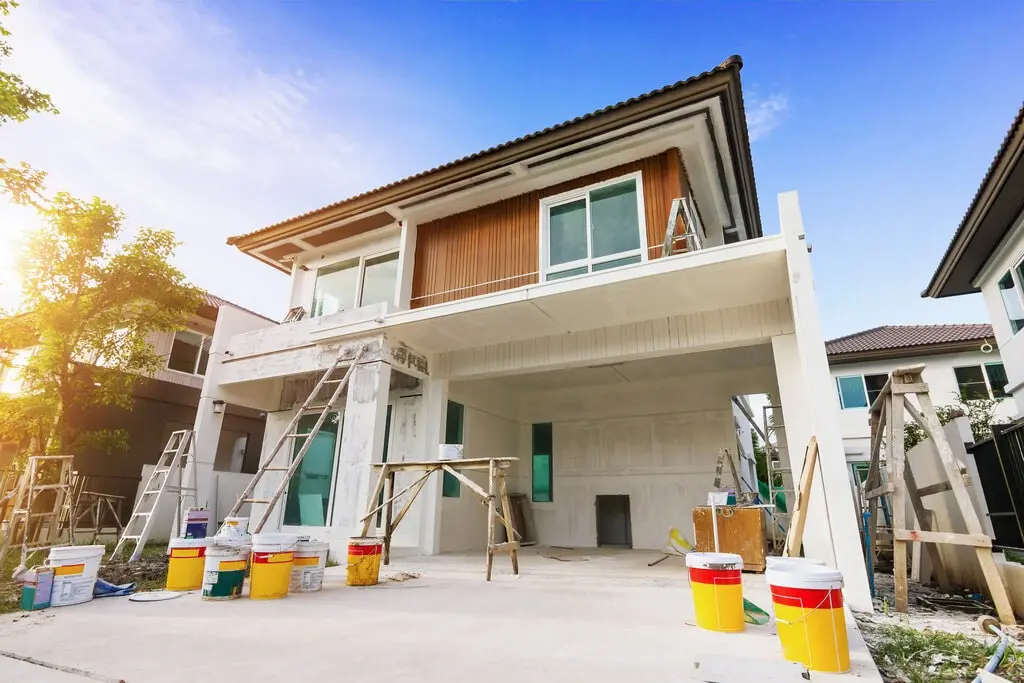Septic systems service roughly one in five homes in the United States according to the Environmental Protection Agency. Yet, some homeowners have little or no experience with an on-site wastewater treatment system when they purchase a home.
This lack of familiarity is usually not an issue on a day-to-day basis; after all, water still drains and toilets still flush even if you do not know what happens when the water leaves your home. However, it is useful to have some understanding of how a septic system works and to know what you can do to ensure that it continues to work effectively and efficiently.
What Is a Septic System?
At its most basic, a septic system is comprised of a tank and a septic drain field (also known as a leach field or absorption field). The tank serves as the holding chamber for wastewater that comes from your home. As wastewater enters the tank, heavy materials settle to the bottom of the tank while oils and grease float to the top. Bacteria in the tank then break down these materials into sludge.
The liquid portion of this wastewater is then released from the septic tank into the drainfield. There, it is gradually absorbed by soil particles in the absorption field. The soil helps filter out contaminants before water eventually percolates back into groundwater supplies.
Tips for Septic Tank Owners
If you are a new septic tank owner, there are a number of things you can do to ensure that it remains in proper working order.
Regular Septic Tank Services
Periodic septic pumpings are essential for the efficient operation of your septic tank. Depending on the size of your tank and the number of people living in your home, you may need to have the tank pumped out every 3 to 5 years. As part of this servicing, it is also important to inspect the septic system for any issues such as clogged pipes or malfunctioning components.
Manage Water Usage
It is essential to manage how much water you use on a daily basis. Excessive usage could cause an overload on the system and lead to backups and other issues with wastewater flow. To reduce the likelihood of this happening, try to spread out water usage over multiple days, adjust water levels on toilets, and invest in low-flow fixtures when possible.
Avoid Harmful Chemicals
To keep your septic system running properly, you must be mindful of the types of chemicals that enter your septic tank. Stay away from products that contain harsh chemicals and compounds such as bleach, oils, solvents, and paint thinners. These can kill off bacteria in the septic tank or clog up pipes.
Be Cautious About What Gets Flushed
You should always be cautious about what gets flushed, even if you have a new septic tank. Avoid flushing anything other than human waste and toilet paper. This includes items such as baby wipes, Q-tips, facial tissues, feminine hygiene products, condoms, cigarette butts, and cat litter. If these materials enter the tank they may not break down adequately or could clog up pipes leading to the drain field.

Do Not Flush Medications
When you need to dispose of medication, whether it is prescription or over the counter, do not flush it down the drain. The bacteria in your septic tank can be harmed or killed by medication, which can cause the system to become less able to process waste from your home. It is important to always take medication to a local pharmacy or other designated drop-off location.
Avoid Building, Parking or Driving Above Your Septic Tank or Drainfield
Septic systems are designed to work best when wastewater is allowed to spread out and filter through the soil. If you build a driveway, patio, or deck above the tank or drainfield it could disrupt this process and lead to backups. The same goes for parking vehicles such as cars, tractors, or recreational vehicles over these areas. Their weight can cause soil to become compacted, leading to a cracked septic tank or an ineffective drainfield.
Contact a Septic Professional at the First Sign of Trouble
Some problems can develop slowly over time, but as a septic owner it is important that you take notice and address issues before they become more serious. For example, if you notice water pooling in the area of the drainfield or if your drains seem to be slowing in the house, you might not think that it is a big problem. However, even the smallest thing can quickly become a serious, costly issue if not addressed, so do not hesitate to contact a septic company if you have any concerns.

Signs of Problems With Your Septic Tank
Signs of septic tank problems can vary, but here are a few of the most common ones.
- Foul odors can indicate a septic problem, such as sewage backing up into the home or a clogged or overloaded tank.
- Slow-draining toilets can also be a sign of septic tank problems, especially if multiple fixtures are affected.
- Gurgling drains happen when air is released from the pipes that have built up pressure due to blockage in the septic system.
- Overflowing sewage can be the result of an overloaded tank or a clog in the system that prevents wastewater from leaving the house properly.
No one wants to deal with septic issues, so it can be tempting to overlook them if they seem fairly inconsequential. However, issues with septic systems can become serious.
- Septic backups can cause extensive damage to your home and belongings. Wastewater can flood your yard, and even seep into the walls of your house if left untreated.
- Sewage overflows can lead to contamination of drinking water sources, which can result in a variety of health problems for humans and animals.
- An overloaded or malfunctioning septic tank can release pollutants such as nitrogen and phosphates into nearby bodies of water, leading to environmental degradation.
- Malfunctioning septic systems can cause an increase in the number of pests such as mosquitoes, flies, and other insects that carry a variety of diseases.
- In some cases, the property owner may be liable for damages to neighboring properties or the water supply if they were negligent in addressing problems.
By following these tips, you will help ensure that your septic system runs efficiently for years to come. If you have any questions about your system or need professional services, contact a licensed septic company.
Septic Company In & Near Lakeland
Septic & Drainfield Depot is the best choice for septic service in and near Lakeland. We are available 24/7 for emergencies, and offer a full range of residential and commercial septic services.
Contact us today for a free septic estimate!







